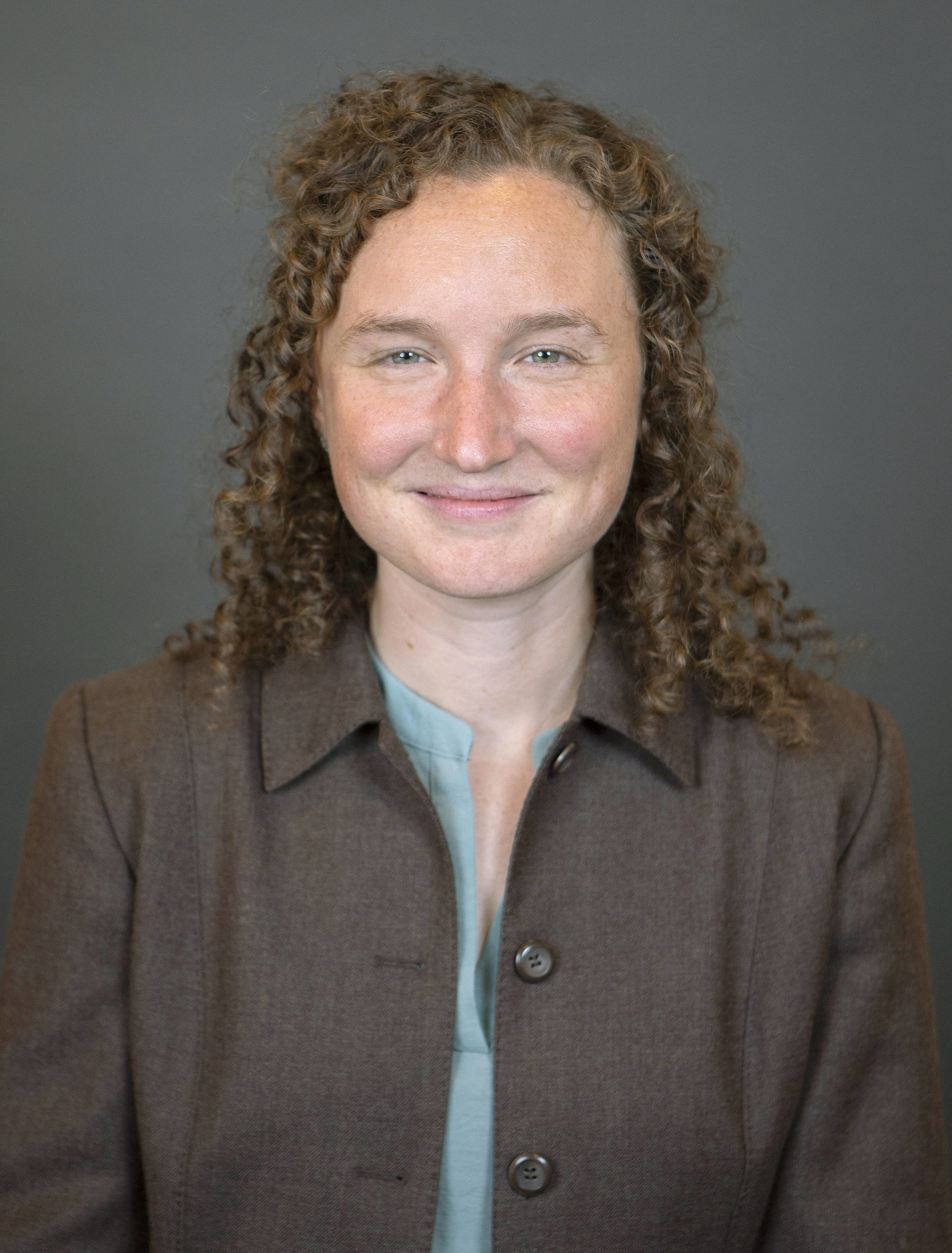By Hannah Scholes
Special to the Record
Earth Month is typically a time for communities to come together to celebrate and support environmental causes. This year, it arrives amid changes and challenges profoundly impacting daily life due to COVID-19.
As we implement new health and safety protocols recommended by the Center for Disease Control, are there ways to minimize our carbon footprint and protect the planet?
Absolutely. Here are some important benefits and opportunities.
Recycle right
Facial tissues, toilet paper, hand sanitizers and disinfectant wipes have been flying off store shelves, while families are spending more hours at home to stay healthy and safe. Waste Management is calling on everyone to recycle right during this time when recyclables are needed more than ever. The recyclable materials collected from homes and businesses go on to create new essential products like tissues, towels, and packaging boxes for medical supplies and food. Recycling is an essential service for manufacturing companies delivering these key products. Help do your part and keep recycling.
With kids home from school, now is a great time to enlist the whole family to recycle right. First, refresh your home recycling stations by finding your local recycling guide on the WM website, printing it out, and posting it on the fridge or near your indoor containers.
Next, remember to put only accepted items in the recycling. Recycling paper, cardboard, bottles and cans reduces emissions and helps keep our air and water cleaner.
Not sure if something is recyclable? Check your local guide at wmnorthwest.com/snoqualmie where you can search by item. When in doubt, throw it out. It’s better to throw something in the trash and avoid the risk of contaminating an entire load of recycling.
Also, make sure recyclables are loose in the cart – not in bags. Even plastic bags from the store that say “please recycle” are not accepted in curbside recycling carts. Confusing, but true.
Food
Another opportunity is to avoid wasting food. Before you go to the store or order more groceries, take a few minutes for meal planning so you can limit trips to the store and gauge your needs. Remember, “sell by” and “best by” dates do not indicate the food has gone bad (except with infant formula). Check food for visible signs of mold rather than tossing out the whole container if the date has passed.
Another popular tool is an “eat first” refrigerator box to remind everyone about items almost past their prime. Food scraps that can’t be eaten should go in the compostables cart or your compost pile. Composting food scraps allows them to naturally cycle back to the earth as nutrient-rich soil and helps conserve natural resources.
Finally, two big shout outs:
To the families who put the handwritten thank-you notes on carts just after schools closed, you made our day. Thank you for seeing us as we continue to serve you, safely and professionally.
To our customers who live alone and may be feeling isolated, we are looking for you as we come down your street. We know your driver is an important part of your weekly routine. Step out for a friendly smile and wave. We consider it a privilege to help brighten your day as we provide services vital to the health and stability of the Snoqualmie community.
Hannah Scholes is the recycling education and outreach manager for Waste Management. For the latest information on collection services in your community, go to wmnorthwest.com.


